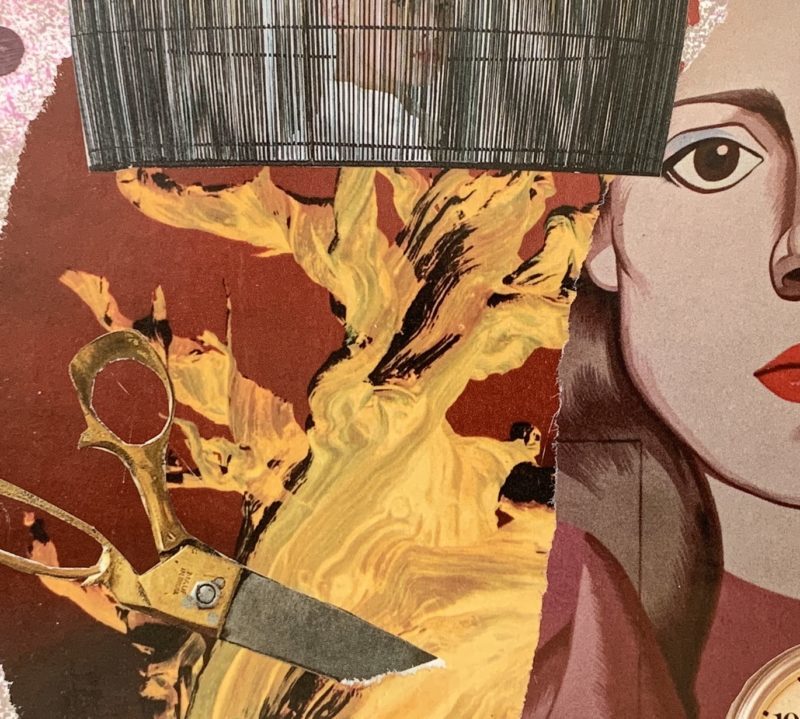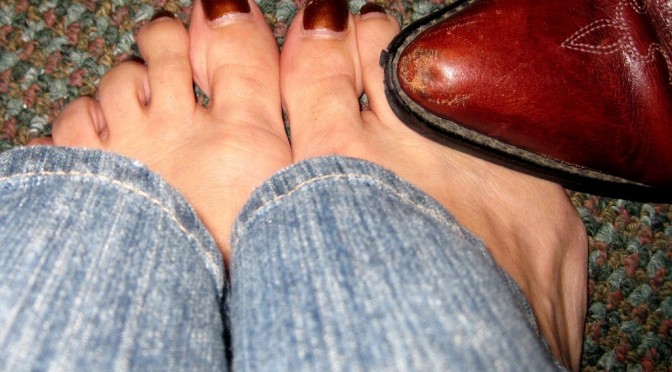
photo by Sussanne Van Holst from Fine Art America
In the shadow of the basilica



Last night, I had this dream. In it I rescued a baby from a bridge.
I was walking in a beautiful city. Cobblestone streets, a stone bridge. There were people carrying packages and bustling here and there. I was alone. Just as I stepped onto the bridge I saw the woman with two little boys. She was hurrying. And she held one of boys, about four years old, by the hand. In her arms she held a baby boy. The woman was petite with shoulder length black hair. And the boys had black hair too. They were Asian. Maybe Japanese. The woman had an untidy bundle under one arm, and when she got to the middle of the bridge she unfurled it. The partially inflated kiddy pool landed in the water. And then she turned and held the baby over it. I was beside her by then, and I flung my arms around them. “Can I have him?” I asked the woman.
“Take him,” she said. “Here.” Her chest was heaving, and her eyes were bright with tears. She handed the baby to me as the pool floated under the bridge and made its way downstream. Then she ran, pulling the older boy behind her. The other people who’d been passing by stopped for a moment, but once I had the baby in my arms, they went on their way, looking backwards just for a moment as I stood on the bridge with the baby boy in my arms.
The baby himself seemed unfazed by the drama. His dark eyes looked deep into mine, and his hands clutched my shirt. I patted his back. His striped cotton shirt felt soft and clean. Well, I have a baby, I thought. The light was draining from the day, and the streetlights began to flicker on. I walked across the bridge in the same direction the mother had gone. Listening for sirens, I watched for police officers that might approach me. I was prepared to explain what had happened. It was obvious the boy wasn’t mine. White and sliver-haired, I far too old for a baby that age. The boy was Asian with spiky black hair that stood up straight from the crown of his head. But the police never arrived.
The baby was easy to carry. He was maybe ten months or a year old but not heavy, not squirmy. I carried him into a fancy boutique and set him down for a moment on a satiny pink bench. After straightening my jacket and adjusting my purse, picked the boy up again. He looked worried now—as if he might cry. “Don’t worry,” I told him. “I’ll take care of you. I’m your new mommy.” He nodded and clutched my shirt tighter. I knew then I didn’t want to call the authorities. The boy had lost his mother, and if I called the police and reported what had happened, he’d lose me too.
My own past real-life history didn’t enter in to the dream. I wasn’t a woman who had walked away from her own little boy. I was a heroine who’d rescued a baby that had nearly been thrown from a bridge. We stepped out into the fresh night air, and I phoned my daughter.“I found a little boy,” I told her. “Can you go out and buy a box of diapers?”
“What size?” she asked.
“I think he’s about a year old,” I said, “but he’s small. Just make a guess,” I said. She grumbled a little. “I found him,” I repeated. I don’t know how old he is.”
“Right on,” she said.
The anxiety flooded in after I stuffed my phone back into my purse. I was taking home a baby that didn’t belong to me. What would the guy I was dating say? He was Asian, too, and I hoped that might make him like the idea of the baby a little more. But we frequently sighed with relief at the fact that we’d both made it through parenthood and that our kids were grown. When I spent the night at his place, we liked being alone.
Now there was a baby. Poor baby whose mother had nearly murdered him. And what about the baby’s brother? What would happen to him? What had I been thinking? Why hadn’t I offered to take the older boy, too? I tried to reconstruct the moments after I’d lifted the baby from the mother’s arms. Had I seen which way she’d turned after she’d crossed the bridge? Maybe I should walk around the neighborhood and ask everyone I saw if they knew where the Asian woman with two little boys lived.
“What’s your name?” I asked the boy as we stood in the atmospheric lighting of the boutique with music playing in the background.
“Anthony,” he said with perfect diction.
“Anthony what?”
“Anthony.”
“Okay,” I said. “How old are you?”
“Six months,” he said.
I laughed.The boy was obviously much older than that. With such perfect speech, he was probably even older than I’d first thought. “You’re not six months old,” I told him, laughing.
“Yes, I am,” he said.
I heard the voices in the hallway then. I pulled the pillow off my head and fumbled for my Blackberry. It was seven-thirty and I was confused. It took me a minute to realize I was waking up in my nephew’s bed. He’d been exiled to the couch and my brother and my mother’s voices were wafting down the hallway from the kitchen.
I hadn’t rescued a baby, after all.
I was still just the woman who had given one away.

“Holding Cory” is the name of an essay of mine that was published in the Mom Egg Review last week. And to make it even sweeter, my friend Elizabeth Aquino has a piece in the same issue.
Elizabeth’s piece is titled, “Thoughts on a Picture of Sophie in a Silver Frame.” She’s a wonderful writer with a fabulous blog

Universal healthcare is a good thing. But, we think things like health care are a zero-sum game. Oh, no! These poor people can’t have health care! It’ll raise my rates.
I spent a month in France recently and had a few discussions with French acquaintances about the healthcare debate currently raging in the U.S. Why don’t Americans want healthcare? This was the question everyone asked me. Honestly, the whole discussion blows their minds.
It got me thinking.

Dear Adoptive Parents,
When I think about how the past 18 years of reunion have gone with my son and the hows and whys of all of it, I can’t help but think about his parents (his adoptive parents.) Especially his mother. She had lost a child herself, and I think because of this experience, was able to understand what I had lost. In our correspondence through letters and in person, in all these years she has never once been negative toward me, any aspect of the reunion process, or post-reunion life. The last two years, we’ve been at the same Thanksgiving table.

Buy a Chinese Baby?! Read on.
This blog has been languishing much like the effort to unseal adoption records in many U.S. States.
Writing has kept me traveling since my last post, and many of the places I’ve traveled through and spent time in have variations of the same terrible adoption laws I’ve commented on in this blog. It was depressing to belabor the point.
So far in 2009, I’ve spent time in Vermont, New York, Maryland, Minnesota, Iowa (where my son was adopted) Nebraska & Oregon. Only Oregon has open records. One state out of all the states I’ve mentioned. I’ve also driven through Nevada (where gambling & prostitution are legal 24 hours a day) Utah & Colorado. It’s a big country and the prospects of birth parents and children reuniting are sparser than opportunities for a gourmet meal along the interstate.
Google “Birthmother.” Go ahead. Try it . You might as well Google ” How do I relinquish my baby?” Most of the links go to sites whose primary focus is adoption.
The site called Birthmom Buds is especially unnerving. Founded by two birthmothers, they offer mentoring by birthmothers who have relinquished. But not by anyone who decided ultimately to raise their child.

 Sealed records for adoptees is one of our most poignant examples of the lack of political progress in our current times. I’ve been thinking a lot about social progress vs. political progress.
Sealed records for adoptees is one of our most poignant examples of the lack of political progress in our current times. I’ve been thinking a lot about social progress vs. political progress.
I saw the movie Milk the other night. A lot has changed for gays since the 70s. Nowadays, many gays & lesbians carry on with their lives without keeping secrets about their sexual orientation. There’s a fair amount of social acceptance for them. But legislated equal rights is another story.


The word chosen is part of the language of adoption. Not everyone likes it.
I have a friend who is adopted. She read what I had to say about the words birthmother and relinquish . So she started thinking about the language of adoption, too. She says “it’s like our society does a dance, continually stepping on toes.”